Steven Holdcroft
Professor of Chemistry
Tier I Canada Research Chair
Fellow of the Royal Society of Canada
1987 - Ph.D., Chemistry, Simon Fraser University, Canada
1983 - B.Sc. (Hons 1st), Chemistry, University of Salford, UK
2023 – 2030 Tier I Canada Research Chair (Electrochemical Materials)
2024 – Scientific Director, SFU Hydrogen Hub
2020 President, Canadian Society for Chemistry
2018 – 2025 Scientific Advisor, Ionomr Innovations Inc.
2017 – 2018 Chief Scientific Officer, Ionomr Innovations Inc.
2014 – 2029 Technical Director, CaRPE-FC
2014 – 2017 Chair of Department, Chemistry, Simon Fraser University
2016 Co-Founder, Ionomr Innovations Inc., Vancouver, BC
2016 – 2023 Tier I Canada Research Chair (Electrochemical Materials)
2001 – 2013 Principal Research Officer, Secondment (50%) to NRC-Vancouver, formerly the Institute for Fuel Cell Innovation
1998 – Professor, Chemistry, Simon Fraser University
1994 – 1998 Associate Professor, Chemistry, Simon Fraser University
1990 – 1994 Assistant Professor, Chemistry, Simon Fraser University
1987 – 1989 NSERC Postdoctoral Fellow, Chemistry, University of Toronto
- Society of Chemical Industry, Kalev Pugi Award 2025
- Governor General’s Innovation Award, Rideau Hall Foundation 2024
- Montreal Medal, Chemical Institute of Canada 2024
- Gutenberg Chair (University of Strasbourg) 2023
- Inducted into the Royal Society of Canada (Fellow) 2021
- SFU Outstanding Alumni Award for Academic Achievement, 2018
- Visiting Research Professor Award, Norwegian University of Science and Technology, 2017
- Ken Russell Award lecture, Queen’s University, Kingston, 2017
- CSC Rio Tinto/Alcan Award for contributions in Inorganic Chemistry or Electrochemistry, 2015
- Affiliate Professor, Royal Institute of Technology (KTH), Stockholm, 2008
- Jiatong Shanghai University, Research Lecture Award, China, 2012
- University of South Australia, Distinguished Researcher Award, 2012
- Visiting Research Fellow, National Sun Yat Sen University, Taiwan, 2011
- CIC Macromolecular Science and Engineering Division Award, 2010
- Clarence Karcher Student Lecture Award, Oklahoma Univ., 2007
- Fellow, Chemical Institute of Canada, 2005
- National Research Council IFCI Teamwork Award, 2003
- Visiting Research Professor Award, University of South Australia, 2003
- Distinguished Research Fellow, Ian Wark Research Institute, Australia, 2002
- SFU University Excellence in Teaching Award, 2000
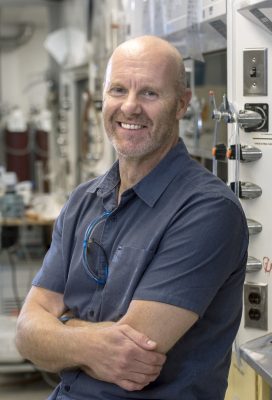
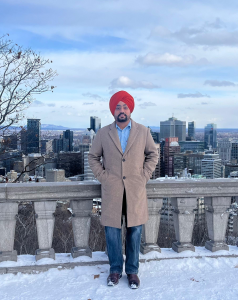 Ravinder received his PhD from National Chiao Tung University (NCTU), Taiwan. He also worked as a Postdoctoral Fellow at National Taiwan University (Taiwan) and University of Waterloo (CANADA). During these eras, his research activities focused on the use of cutting-edge synthetic methodologies and technical skills for the design, efficient synthesis, and characterizations of organic chemical entities (small, supramolecular, and polymers w/and w/o post-polymerizations) for multifaceted applications such as Opto-Electronics, Sensory (Chemo-/Bio-Sensors/OTFTs), Photo-Controllable/Stimuli-Responsive, AIE-based materials (Type-I ROS PSs for Photodynamic therapy and Energy-Transfer), and Metal-Organic Frameworks (MOFs).
Ravinder received his PhD from National Chiao Tung University (NCTU), Taiwan. He also worked as a Postdoctoral Fellow at National Taiwan University (Taiwan) and University of Waterloo (CANADA). During these eras, his research activities focused on the use of cutting-edge synthetic methodologies and technical skills for the design, efficient synthesis, and characterizations of organic chemical entities (small, supramolecular, and polymers w/and w/o post-polymerizations) for multifaceted applications such as Opto-Electronics, Sensory (Chemo-/Bio-Sensors/OTFTs), Photo-Controllable/Stimuli-Responsive, AIE-based materials (Type-I ROS PSs for Photodynamic therapy and Energy-Transfer), and Metal-Organic Frameworks (MOFs).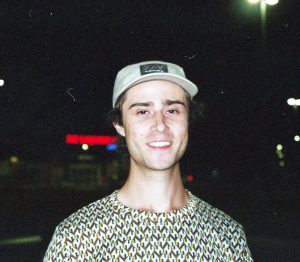
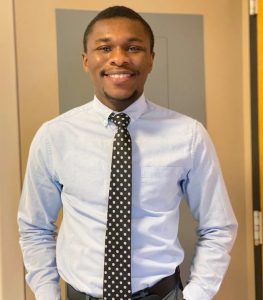
 Lindsay is a proud graduate of Dalhousie University, holding a B. Eng in Chemical Engineering and having completed the enriching co-operative education program. Her journey so far has led her to Rayleigh Solar Tech, a dynamic Halifax-based startup, where she immersed herself in a 16-month endeavor to enhance carbon electrode materials for perovskite solar cells.
Lindsay is a proud graduate of Dalhousie University, holding a B. Eng in Chemical Engineering and having completed the enriching co-operative education program. Her journey so far has led her to Rayleigh Solar Tech, a dynamic Halifax-based startup, where she immersed herself in a 16-month endeavor to enhance carbon electrode materials for perovskite solar cells. Ashley completed her BSc in Chemistry at The King’s University in Edmonton, Alberta. During her degree, she participated in a variety of research, including in vanadium-naphthenic acid coordination in the Athabasca oil sands, computational methods for ab-initio molecular dynamics, and the development of online chemistry education resources.
Ashley completed her BSc in Chemistry at The King’s University in Edmonton, Alberta. During her degree, she participated in a variety of research, including in vanadium-naphthenic acid coordination in the Athabasca oil sands, computational methods for ab-initio molecular dynamics, and the development of online chemistry education resources.
 Apurva earned both her MSc and PhD in Energy Science and Engineering from the Indian Institute of Technology, Bombay. For her Master’s degree, she focused on metal hydride ceramics as hydrogen storage materials, specifically investigating the kinetics of hydrogen sorption.
Apurva earned both her MSc and PhD in Energy Science and Engineering from the Indian Institute of Technology, Bombay. For her Master’s degree, she focused on metal hydride ceramics as hydrogen storage materials, specifically investigating the kinetics of hydrogen sorption.
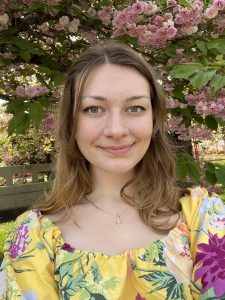
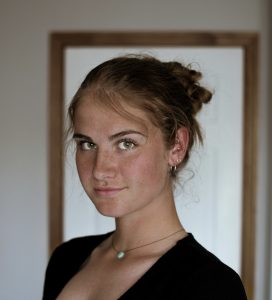
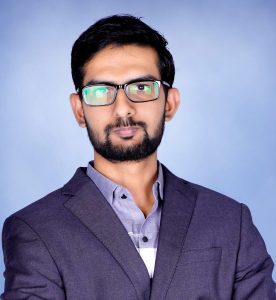
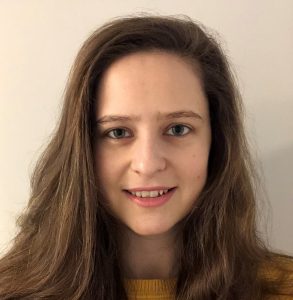
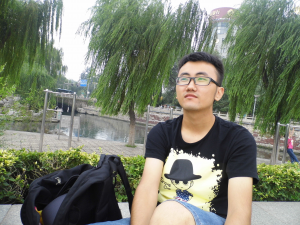 Binyu graduated with a B. Eng. in Chemical Engineering from East China University of Science and Technology and a M. Sc in Chemistry from Memorial University of Newfoundland.
Binyu graduated with a B. Eng. in Chemical Engineering from East China University of Science and Technology and a M. Sc in Chemistry from Memorial University of Newfoundland.